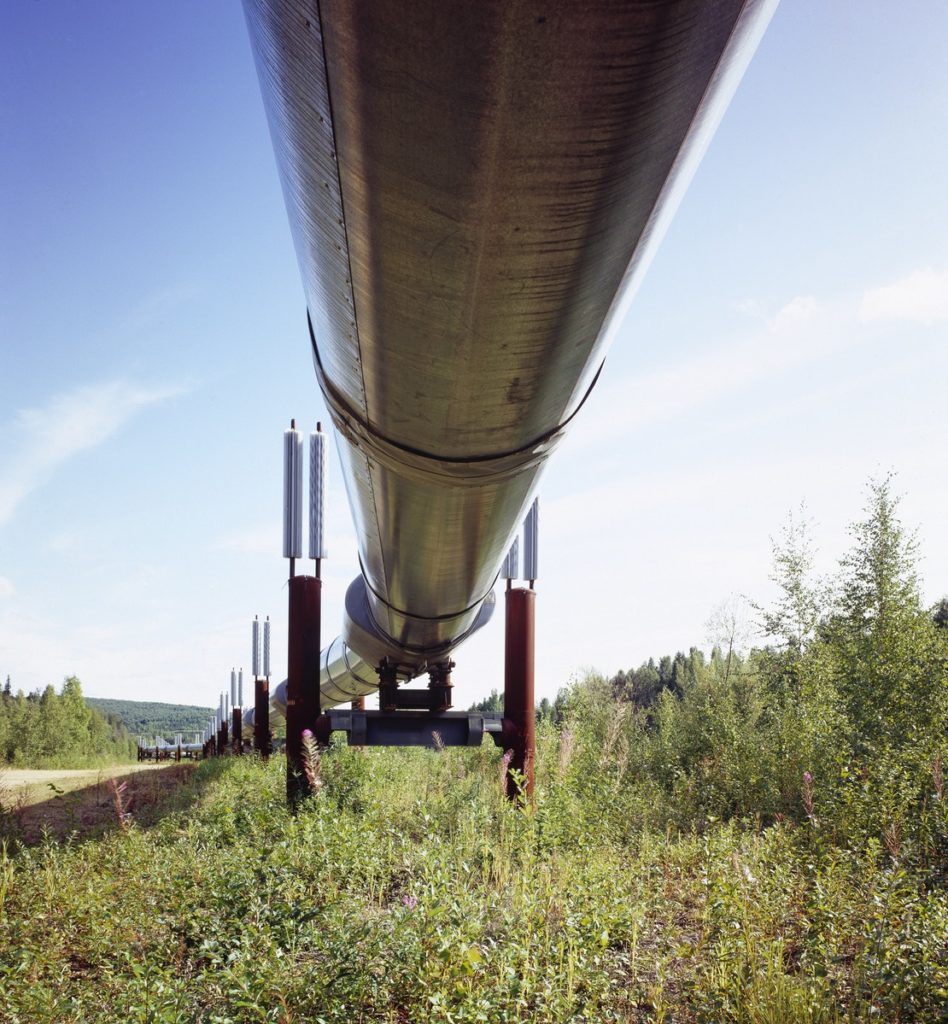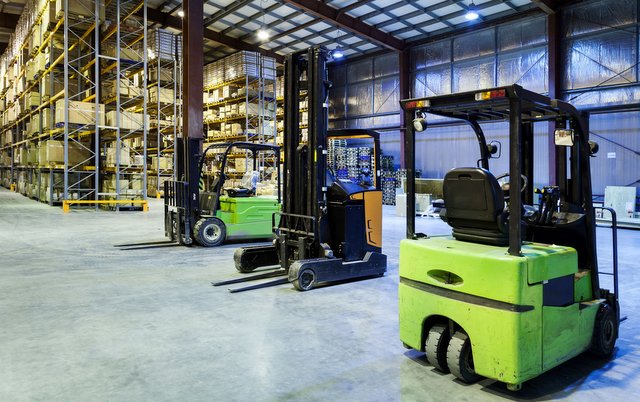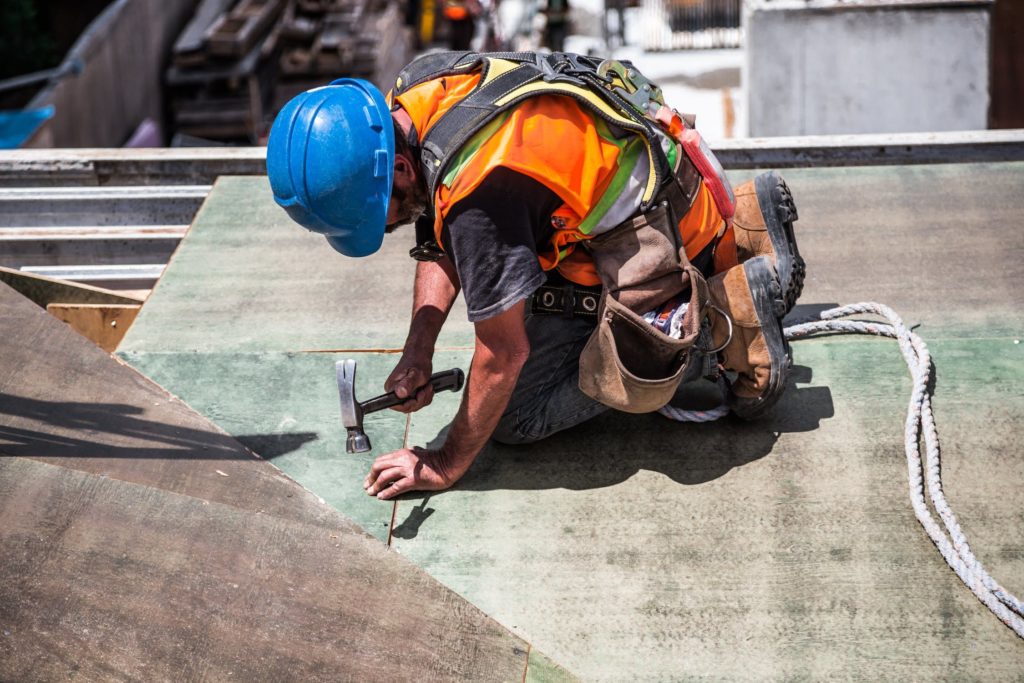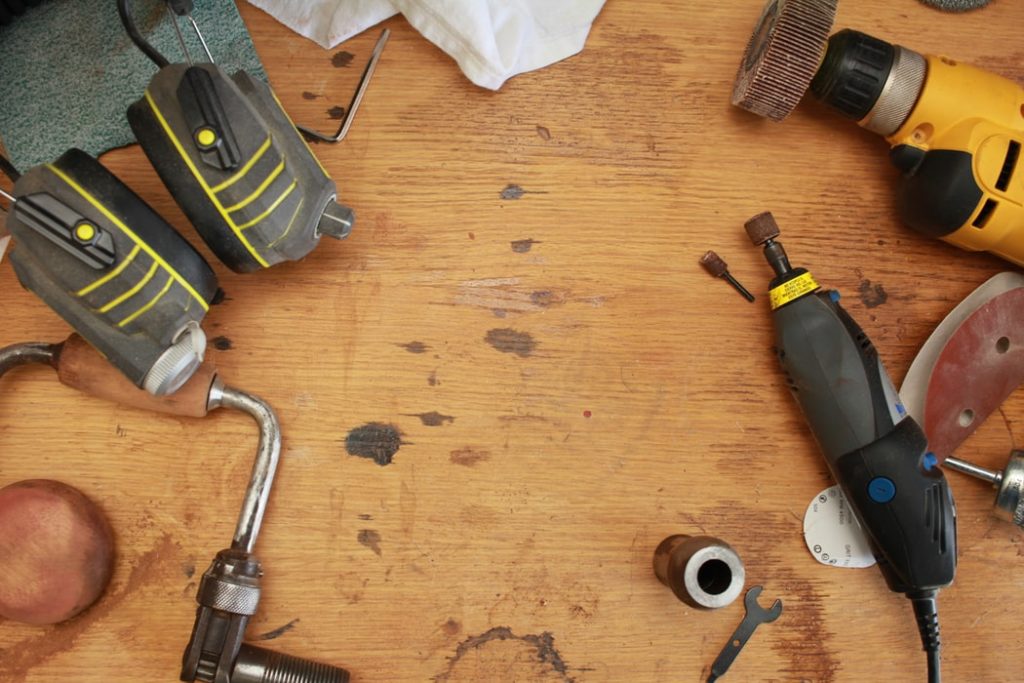In a recent survey, 35% of SMEs said there was “no real link between what they have to do for health and safety and actually keeping employees safe”.
However, while it’s true that some businesses are inherently higher risk than others, barely a week goes by without a serious incident or fatality to remind us just how devastating the consequences of poor health and safety practices can be.
September 2019 saw the following five high fines for health and safety failings.

1. Energy giant’s uncontrolled oil leak
Multinational oil and gas company BP has received a six-figure fine after spilling almost four tonnes of “extremely flammable” crude oil in 2012.
The spill took place during maintenance work on a pipeline at the Sullom Voe terminal in Shetland. A hose had been connected to a valve on the pipe to allow drainage into a manhole. However, the hose was not securely fixed to the manhole. After draining out water, unstabilised crude oil flowed through the hose at high pressure, causing it to come out of the manhole and the “loss of containment”.
BP admitted that the “major incident” should never have happened. The company estimate that more than 29 barrels of crude oil was released onto the ground before the spill was noticed.
An investigation by the Health and Safety Executive (HSE) found that the company had failed to:
- Take all necessary measures to prevent the incident and limit its consequences to people and the environment; and
- Identify and assess the hazards and risks arising from the maintenance work.
BP’s failings led to the uncontrolled release, a risk of exposure to unstable oil, gases and vapours, and a risk of fire.
BP Exploration Operating Company Limited pleaded guilty to breaching the Control of Major Accidents Hazards Regulations 1999 and Health and Safety at Work etc Act 1974. It was fined £400,000.
A company spokesperson said: “BP’s operations are underpinned by a relentless focus on safety and risk management. Regrettably, on this occasion in 2012, we fell short of these high standards”.
HSE
2. Port operator’s poorly-planned loading operation
A port operator has been sentenced after a worker was severely injured in a lift and load operation.
Three agency workers were loading long bundles of steel onto HGV flatbed trailers. The injured worker was acting as banksman while colleagues operated two forklifts in a tandem lift manoeuvre. A single bundle of rebar weighing nearly two tonnes was suspended on the forks of the forklifts when it was struck by a reversing HGV’s headboard. The bundle fell onto the banksman who was stood on the far side of the HGV’s cab.

HSE investigators found:
- No suitable risk assessment of the hazards arising from loading steel bundles onto reversing flatbed trailers had been carried out.
- The tandem lifting operation was not properly planned, supervised or carried out in a safe way, nor had any other, safer method of completing the lifting operation been considered.
Mersey Docks and Harbour Company Limited pleaded guilty to breaching the Health and Safety at Work etc Act 1974. It was fined £300,000 with costs of £7,593.
HSE
3. Two to blame for worker’s fall from height

A construction company and roofing subcontractor have both been fined for their part in health and safety failings that saw a worker fall through a fragile mesh roof.
The injured worker had been installing a roof on a drive-thru restaurant. In moving materials on the roof, he stepped backwards onto nearby fragile roof mesh that was not loadbearing, falling some three metres.
An investigation by the HSE found that:
- In failing to prevent access to the fragile mesh, the roofing contractor had not safely planned and carried out the work at height.
- The principal contractor had failed to plan, manage or monitor the roof’s construction without risk to safety.
PDR Construction Limited pleaded guilty to breaching the Construction (Design and Management) Regulations 2015. It was fined £225,000 plus £8,000 in costs.
Metcalfe Roofing & Building Services Limited pleaded guilty to breaching the Work at Height Regulations 2005. It was fined £2,000.
HSE
4. Council fined over HAVs failings
A local authority was fined for exposing workers to hand arm vibration (HAVS) after excessive use of power tools. The affected employees worked in the council’s grounds maintenance and street care team.
An investigation by the HSE was sparked after seven HAVS cases were reported under RIDDOR.

Investigators found that the council had failed in its duty to:
- Identify the risks from HAVS in relation to the power tools used;
- Adequately plan working methods to prevent HAVS;
- Properly train or inform employees on the potential HAVS risks to health;
- Limit the duration or magnitude of exposure to vibration; and
- Put in place suitable health surveillance to identify problems at any early stage.
Dacorum Borough Council pleaded guilty to breaching the Control of Vibration at Work Regulations 2005. It was fined £100,000 and ordered to pay costs of £28,672.
HSE
HAVS is caused by the transfer of vibration through a worker’s hands and arms. Nerve damage and restricted blood flow to the hand and fingers can result. The HSE estimates that there are two million workers at HAVS risk and currently 288,000 sufferers in the UK.
5. Fatal lifting operation
An engineering company was fined after a worker was fatally struck on the head during a lifting operation.
The worker was helping a colleague to move pipes from one side of a fabrication yard to another. The men had decided the pipes should be lifted at one end using a side-loader. However, a lifted pipe rolled off the loader’s forks and fell on to a wooden support post. This sent the post into the air, striking the on the head. Shocking CCTV footage showed the wooden support moved with such force that it was catapulted over a high fence.

A HSE investigation found that the work method used to lift and move the pipes was unsafe. There was no means to secure the pipe to the side-loader’s forks once lifted. This meant that the operator had no control over the pipe when it began to roll along the forks.
IODS Pipe Cad Limited pleaded guilty to breaching the Health and Safety at Work etc Act 1974. It was fined £60,000.
HSE
Reduce your risk of fines and prosecution
With 147 workplace fatalities in Great Britain in 2018/19 and fines having increased 450% since tougher sentencing guidelines were introduced, it’s essential that employers receive the right health and safety support to avoid tragic and costly mistakes.
Owing to the quality of our advice, practical hands-on support and robust safety management systems, Ellis Whittam reduce the risk of prosecution by c.50% and the cost of any fine imposed by more than 85%.
Speak to us today about how support from a dedicated Health & Safety specialist will help to safeguard your business against financial and reputational risk. Call 0124 464 6164 or request a free consultation using the button below






